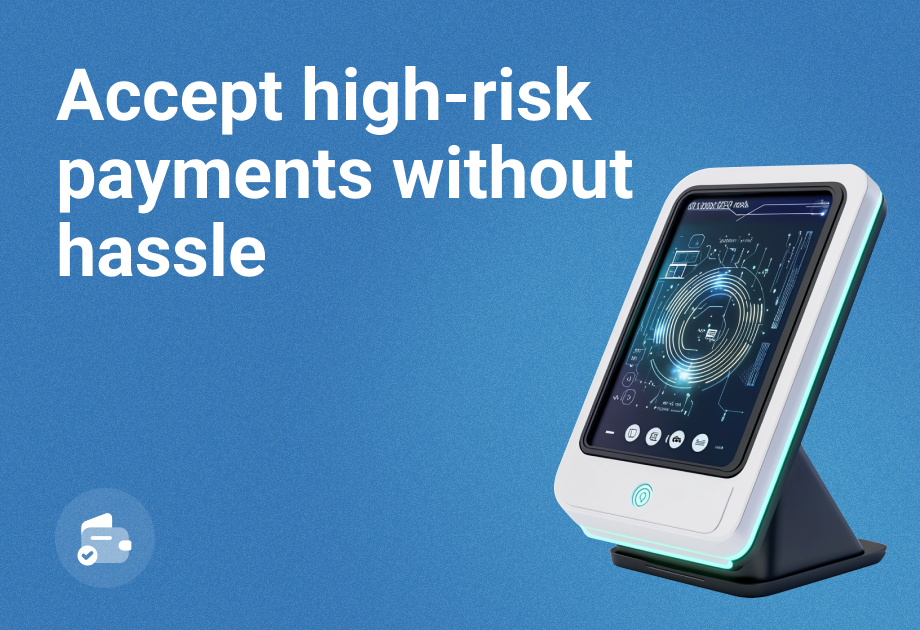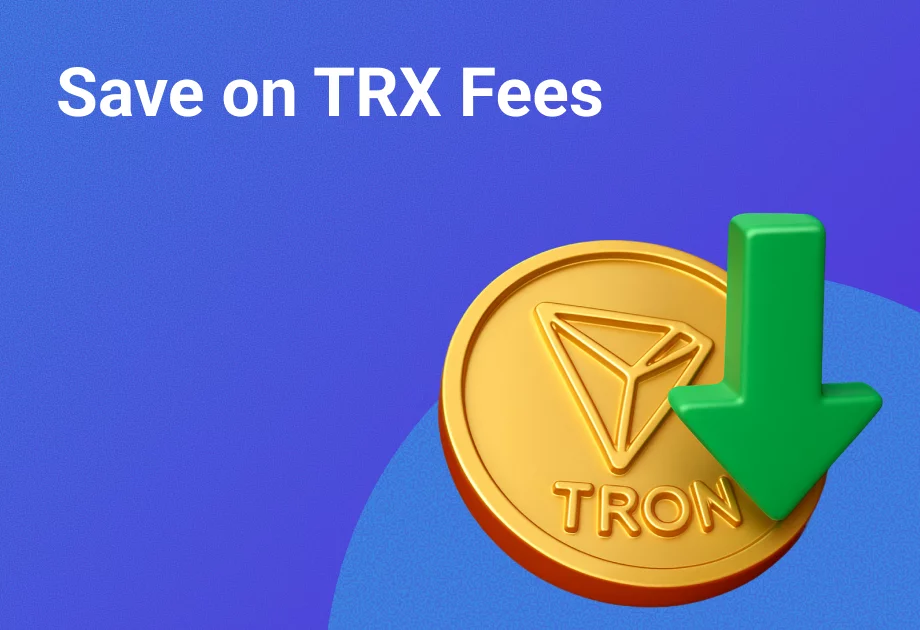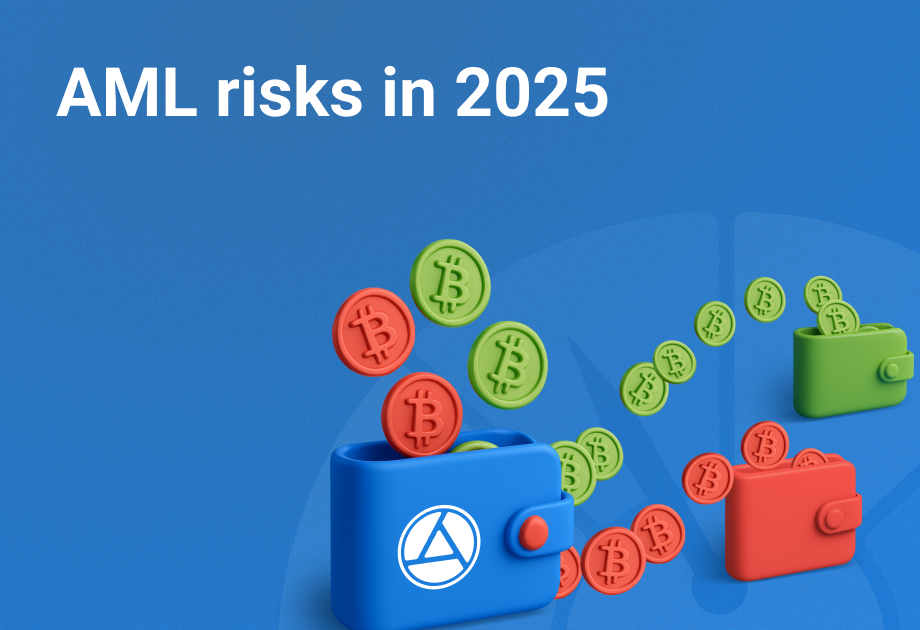High-Risk Payment Gateway: What It Is, Key Features, and How to Choose One
Essential tools of a good high-risk payment gateway.

For cryptocurrency businesses operating in high-risk sectors, it is crucial that their payment gateway offers a robust set of tools and features. This article outlines the key factors to consider when choosing a crypto payment gateway for your company.
High-Risk Payment Gateway: Essential Tools and Features
A crypto wallet equipped with the following features ensures both security and ease of use for clients.
Non-Custodial Solution
This type of crypto wallet is installed on the client’s own server, allowing the business owner to decide whether KYC/AML checks are necessary and where the wallet’s server will be located. This provides maximum control over the company’s crypto assets.
Data Encryption and Backup
To safeguard against server failures, it is essential to have an encrypted backup of the wallet’s transaction history. For example, the BitHide business crypto wallet uses 512-bit encryption, which is currently impossible to crack. With the encryption key, a client can restore their wallet even if the server is physically destroyed.
Seamless API Integration with Your Website
To enable high risk crypto processing on a website, the payment gateway must support API integration. Once the wallet is integrated, it can automatically generate unique crypto addresses for customers who wish to pay with cryptocurrency. It can also send automated notifications to the website when funds are received, making crypto payment processing smooth and efficient—even in high-risk industries.
Issuing a Seed Phrase to the Client

No mnemonic phrase, no cryptocurrency—that’s the first rule any crypto user should remember. This is especially important for businesses, as it ensures not only the security of their own funds but also the protection of customer assets. Make sure you receive full ownership of the seed phrase when setting up a crypto wallet.
Protecting the Wallet’s Real IP Address
The less information about the wallet that is publicly available, the lower the risk of cyberattacks. Hiding the wallet’s real IP address is essential, especially for high risk business payments, but neither Tor nor VPNs alone provide a reliable solution. Tor does not support connections to public nodes, and VPN providers may be required to share user data with regulators in their respective jurisdictions.
So, what’s the solution? Look for crypto payment gateway with built-in IP protection. For instance, BitHide employs Dark Wing technology, which combines Tor and VPN functionalities to mask the wallet’s IP address three times before it reaches the node. This ensures strong protection for both the user’s data and their crypto assets.
Comprehensive Balance Reports
Many alternative payment solutions lack a user-friendly dashboard for managing crypto transactions as seamlessly as fiat currencies. BitHide allows users to generate balance reports with just a few clicks and export them in CSV or Excel format.
Proxy Payments
This is a unique feature developed by BitHide. Proxy payments help businesses dealing with thousands of small transactions avoid using a single central address for fund aggregation. Instead, the wallet automatically collects the required amount on a temporary, one-time-use address before processing the payment.
This prevents hackers, competitors, or malicious actors from tracking the total transaction volume of the business. At most, they can trace assets to the temporary address.
For gambling businesses that accept high-risk payments, proxy addresses help maintain a lower financial risk profile. These addresses are unknown to blockchain risk-assessment services, meaning the withdrawn cryptocurrency does not inherit an additional risk rating due to its gambling-related origin.
Conclusion
To choose the best high-risk crypto payment gateway, keep these key factors in mind and ensure any potential solution meets these criteria. Visit the BitHide homepage to learn more about its crypto wallet, specifically designed for high-risk payment processing, and secure crypto payment transactions.


